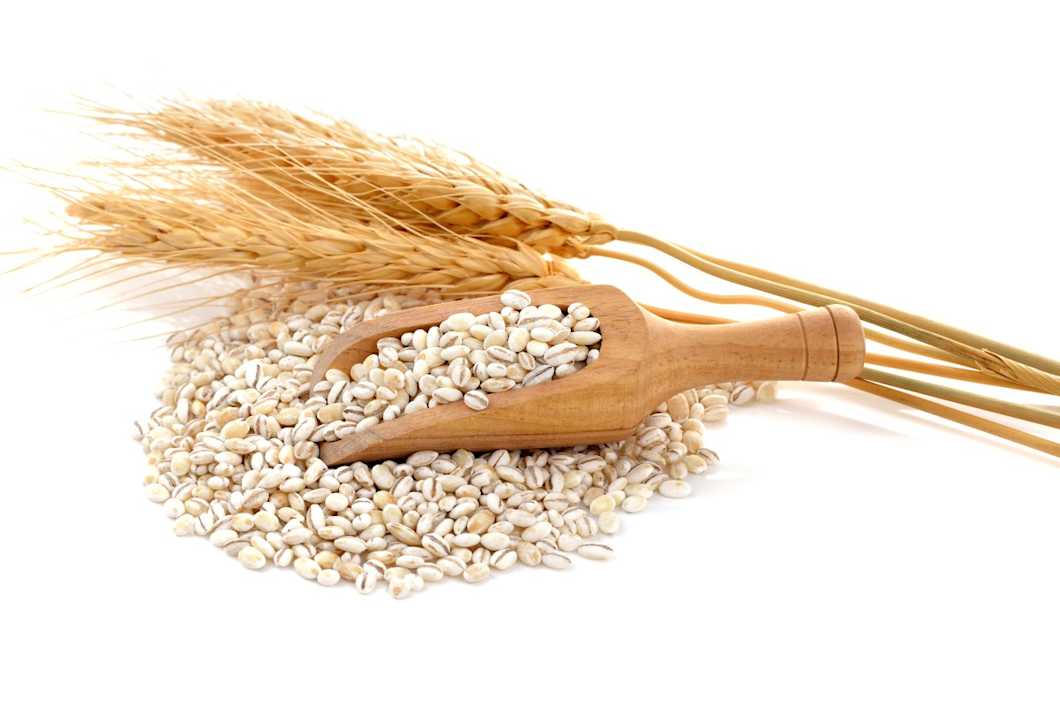Mycotoxin testing

EU regulations on mycotoxins
European food contaminant regulations cover several mycotoxins that the European Food Safety Authority (EFSA) has found to cause detrimental health effects. Currently, Regulation (EU) 2023/915 on food contaminants sets binding maximum limits for the concentrations of the following mycotoxins in high-risk products:
Aflatoxin
Ochratoxin A
Patulin
Deoxynivalenol
Zearalenone
Fumonisins
Citrinin
Ergot sclerotia and alkaloids
T-2 and HT-2 toxins
Unprocessed cereals and cereal-based foods are susceptible to several types of mycotoxins. Other high-risk products include fruit juices (patulin), nuts (aflatoxin), and coffee (ochratoxin A). Due to the vulnerability of the population group, the strictest limits are set for foods intended for infants and small children.
Regulations also apply to animal feed, where maximum limits have been set for aflatoxin B1 and rye ergot concentrations.
Aflatoxin B1, B2, G1, and G2 determination
Ochratoxin A determination
Deoxynivalenol determination
Ergot alkaloid determination
Prices excluding VAT.
Our mycotoxin testing solutions
Measurlabs provides a comprehensive selection of mycotoxin testing services for ensuring product safety and compliance with EU regulations. Testing is performed according to EN standards, using accredited liquid chromatography-based methods. In addition to analyses that target individual toxins, we offer an extensive mycotoxin test package for compounds listed in Regulation (EU) 2023/915.
Get a quote
Fill in the form, and we'll reply in one business day.
Have questions or need help? Email us at info@measurlabs.com or call our sales team.
